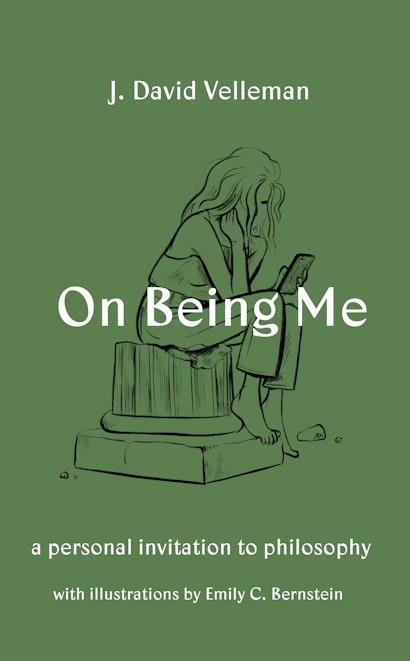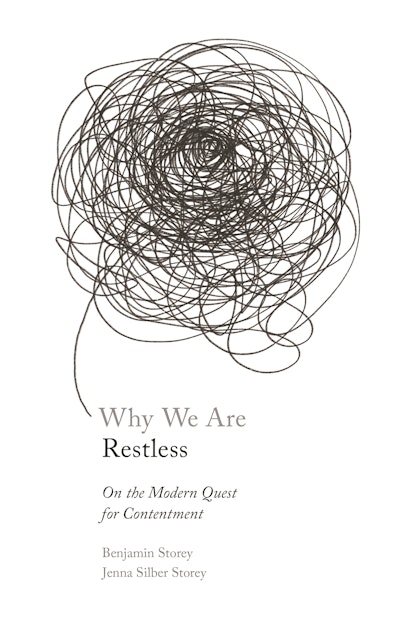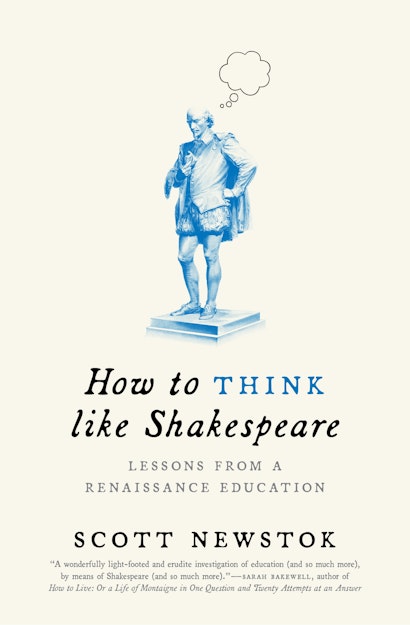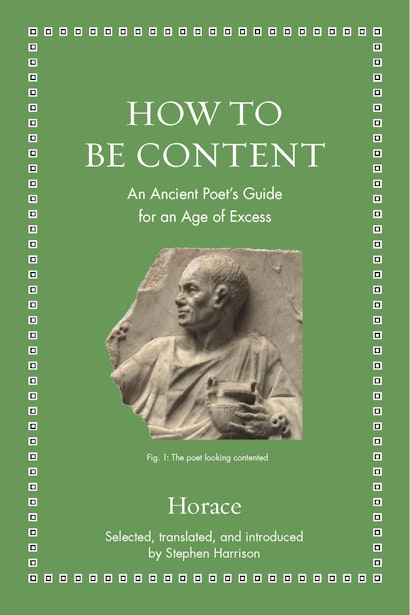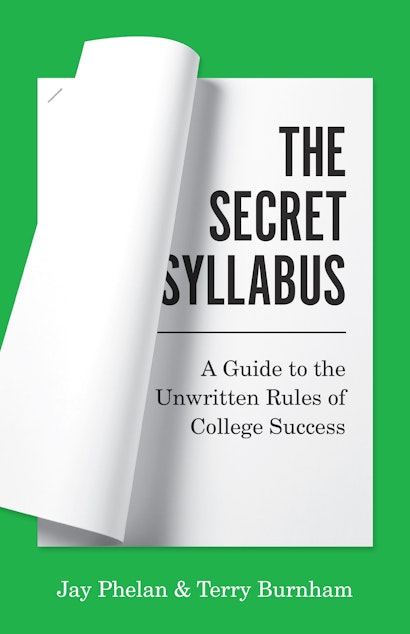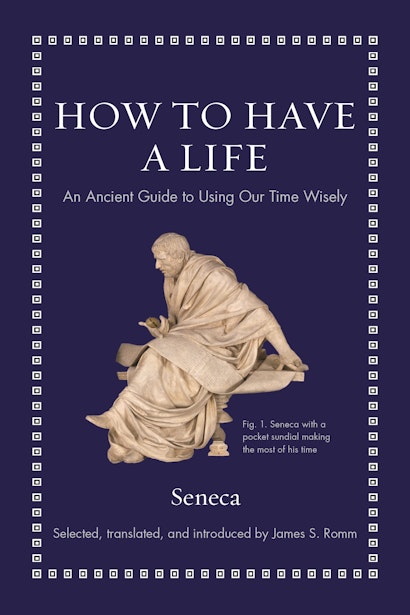As schools begin to stabilize from the disruptions of the past couple years, the pressures that have long been accumulating on students show no signs of slowing. Employment uncertainties, rising financial burdens, and unrelenting competition have layered on top of decades of cultural messaging to persevere doggedly and push oneself beyond the limits to achieve excellence. The human tolls, now reaching precipitous heights, have become all too familiar for many of us: anxiety, distractibility, burnout, imposter syndrome, depression, and more.
For students, parents, educators, and learners of all ages heading to the start of a new school year, we humbly offer a salve: a curated selection of timeless wisdom to help you return to your pursuits with renewed focus and balance. These “guidebooks” draw on insights from poetry, philosophy, and pedagogy, collected across continents and millennia, to help us reframe perhaps our most universal—and most unexamined—aspirations: success and happiness. This Back-to-School season, we hope you enjoy these contemplative, incisive, and, at times, humorous meditations on what our priorities ought to be, how we may faithfully maintain them, and why doing so just might reveal the true meaning of life.
We live in a world oriented toward greatness, one in which we feel compelled to be among the wealthiest, most powerful, and most famous. This book explains why no one truly benefits from this competitive social order, and reveals how another way of life is possible—a good-enough life for all.
We’ve all had to puzzle over such profound matters as birth, death, regret, free will, agency, and love. How might philosophy help us think through these vital concerns? In On Being Me, renowned moral philosopher J. David Velleman presents a concise, accessible, and intimate exploration into subjects that we care deeply about, offering compelling insights into what it means to be human.
We live in an age of unprecedented prosperity, yet everywhere we see signs that our pursuit of happiness has proven fruitless. Dissatisfied, we seek change for the sake of change—even if it means undermining the foundations of our common life. In Why We Are Restless, Benjamin and Jenna Storey offer a profound and beautiful reflection on the roots of this malaise and examine how we might begin to cure ourselves.
In an overloaded, superficial, technological world, in which almost everything and everybody is judged by its usefulness, where can we turn for escape, lasting pleasure, contemplation, or connection to others? While many forms of leisure meet these needs, Zena Hitz writes, few experiences are so fulfilling as the inner life, whether that of a bookworm, an amateur astronomer, a birdwatcher, or someone who takes a deep interest in one of countless other subjects. Drawing on inspiring examples, from Socrates and Augustine to Malcolm X and Elena Ferrante, and from films to Hitz’s own experiences as someone who walked away from elite university life in search of greater fulfillment, Lost in Thought is a passionate and timely reminder that a rich life is a life rich in thought.
How to Think like Shakespeare is a brilliantly fun exploration of the craft of thought—one that demonstrates what we’ve lost in education today, and how we might begin to recover it. In fourteen brief chapters that draw from Shakespeare’s world and works, and from other writers past and present, Scott Newstok distills enduring practices that can make learning more creative and pleasurable.
What are the secrets to a contented life? One of Rome’s greatest and most influential poets, Horace (65–8 BCE) has been cherished by readers for more than two thousand years not only for his wit, style, and reflections on Roman society, but also for his wisdom about how to live a good life—above all else, a life of contentment in a world of materialistic excess and personal pressures. In How to Be Content, Stephen Harrison, a leading authority on the poet, provides fresh, contemporary translations of poems from across Horace’s works that continue to offer important lessons about the good life, friendship, love, and death.
The Secret Syllabus equips students with the tools they need to succeed, revealing the unwritten rules and cultural norms and expectations not included in the official curriculum. Left to figure out on their own how the academic world works, students frequently stumble, underperform, and miss opportunities. Without mastery of the secret syllabus, too many miss out on the full, rich experience available to them in college.
C. C. Tsai is one of Asia’s most popular cartoonists, and his editions of the Chinese classics have sold more than 40 million copies in over twenty languages. Here, he works his magic again with a delightful graphic adaptation of the complete text of Laozi’s Dao De Jing, the beloved source of Daoist philosophy. Masterfully transforming Laozi’s challenging work into entertaining and enlightening episodes, Tsai offers a uniquely fresh, relevant, and accessible version of one of the world’s most influential books.
David Hume (1711–1776) is perhaps best known for his ideas about cause and effect and his criticisms of religion, but he is rarely thought of as a philosopher with practical wisdom to offer. Yet Hume’s philosophy is grounded in an honest assessment of nature—human nature in particular. The Great Guide is an engaging and eye-opening account of how Hume’s thought should serve as the basis for a complete approach to life.
Who doesn’t worry sometimes that smart phones, the Internet, and TV are robbing us of time and preventing us from having a life? How can we make the most of our time on earth? In the first century AD, the Stoic philosopher Seneca the Younger offered one of the most famous answers to that question in his essay “On the Shortness of Life”—a work that has more to teach us today than ever before. In How to Have a Life, James Romm presents a vibrant new translation of Seneca’s brilliant essay, plus two Senecan letters on the same theme, complete with the original Latin on facing pages and an inviting introduction.


